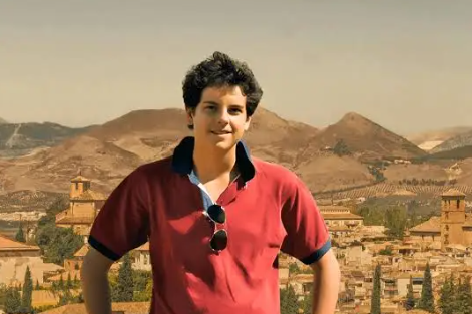Ghandi quotes of nonviolence & compassion which inspire people
- HappyNass

- Feb 22, 2023
- 2 min read

Mohandas Karamchand Gandhi, also known as Mahatma Gandhi, was a political and spiritual leader who is widely recognized as the Father of the Nation in India Born on October 2, 1869, in Porbandar, a coastal town in present-day Gujarat, India, Gandhi studied law in London and later moved to South Africa where he began his political activism and advocacy for the rights of Indian immigrants.
He developed his philosophy of nonviolent civil disobedience, or Satyagraha, as a means of achieving social and political change without violence.
Gandhi returned to India in 1915 and became a prominent figure in the Indian National Congress. He led numerous campaigns for Indian independence from British colonial rule, including the Salt March in 1930, which was a major turning point in the movement.
Throughout his life, Gandhi was committed to social justice and advocated for the rights of women, the untouchables, and other marginalized groups in Indian society. He also practiced and advocated for a simple, self-sufficient lifestyle and was known for his commitment to truth, nonviolence, and compassion.
Gandhi was assassinated on January 30, 1948, by a Hindu nationalist who disagreed with his views on religious tolerance and social justice. However, his legacy as a political and spiritual leader who championed nonviolence and civil disobedience has continued to inspire people around the world to this day
Here are some of Gandhi's most famous quotes and teachings:
"Be the change you wish to see in the world." This quote is perhaps Gandhi's most well-known teaching. He believed that individuals have the power to create positive change in the world, and that it starts with making changes in our own lives.
"An eye for an eye will only make the whole world blind." Gandhi was a firm believer in nonviolence and believed that violence only perpetuates more violence. He urged people to instead seek peaceful means of resolving conflicts and achieving justice.
"The weak can never forgive. Forgiveness is the attribute of the strong." Gandhi believed that forgiveness was essential to achieving peace and that it takes strength to forgive those who have wronged us.
"Happiness is when what you think, what you say, and what you do are in harmony." Gandhi believed that inner peace and happiness come from aligning our thoughts, words, and actions.
"The best way to find yourself is to lose yourself in the service of others." Gandhi believed that serving others was the key to finding purpose and meaning in life.
"There is more to life than increasing its speed." Gandhi was a strong advocate of simplicity and believed that our focus on material possessions and progress was causing us to lose sight of what was truly important.
Gandhi's teachings continue to inspire people around the world today and are a powerful reminder of the importance of compassion, nonviolence, and service to others.








Comments